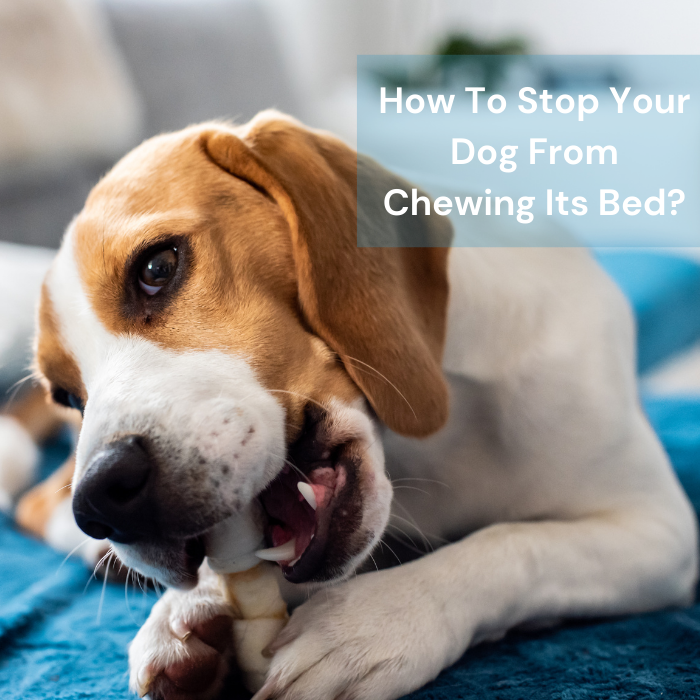
How To Stop Your Dog From Chewing Its Bed?
Dogs have their daily routine chalked out. Aside from general roaming, playtime, sleeping hours, toilet habits, they often chew beds, blankets, pillows, shoes, etc. This destructive behavior may happen in your dogs because of several reasons. Puppy chewers do it most likely because of their teething problems, whereas adult chewers explore it to fight boredom and anxiety. Since chewing and scratching are natural in dogs, getting indestructible dog beds is as important as arranging pet food and other essentials.
While buying chew-proof dog beds should be the standard in pet shopping, most pet owners like to go in for traditional and cheapest dog beds to save on expenses. However, this is not a mindful approach to stop your dogs from bed chewing. Let’s understand the reasons behind your dog’s bed chewing habit and how you can bring an end to it.
Reasons For Dogs Chewing Their Beds

Image Source: Unsplash
Dogs have distinct reasons to chew their beds. Knowing their precise chewing reasons may help you stop this nasty habit and make your dog grow up as a well-behaved animal. Here are some likely motives behind your dog’s bed chewing.
Anxiety Effect Because Of Separation
Separation Anxiety is a common concern among dog owners. If your dog isn’t comfortable staying alone for an extended period, it might chew toys, fabrics, and bedsheets to calm itself. Distressed pets may bark, pick up the unusual pace, show restlessness, wail, urinate or defecate to show their displeasure, turmoil, and grief. Due to stress, grown-up dogs may chew their large dog beds.
Teething Difficulties
Just like human infants, puppy teething is also an uncomfortable stage when your pets develop temporary milk teeth and sore gums. Your puppy may get into an impulsive bed and toy chewing when it is four to six months old. Teething is an unavoidable phase in your pup’s growing years that can provoke chewing habits.
Irrational Behavior

Image Source:Pixabay
Your docile dog may sometimes show erratic behavior. This is more probable in dogs that had gone through an unstable past, like facing violence or abandonment or losing their mother when they were young. Dogs cannot stop their compulsive behavior during turbulent times and may take out their anger by fabric-sucking. Doing so may be self-soothing for your pup, but it is a harmful instinct that may get out of control till you think of getting indestructible dog beds to salvage the situation.
Boredom
Dogs that don’t play often may develop annoying behaviors such as unnecessary barking and overeating to chewing up their bed. Pets cannot tolerate boredom and may vent out their frustration by chewing on a bed and getting into similar destructive tendencies.
Health Concerns
An underlying health issue could be the primary reason for your dog’s bed-chewing tendency. A gastrointestinal problem, skin ailment, or a weather change are some annoying points that can push Fido into using its teeth for the wrong reason.
Urge To Explore Things
Dogs explore much of their habitat and surroundings through their oral and smelling powers. This behavior starts from puppyhood but may extend to chewing beds and hard plastic items in their adulthood. Though bed chewing is an involuntary habit, it may become your puppy’s permanent addiction if not stopped at the right time. Sometimes, eager puppies, impatient to explore, chew their bed in frustration on not getting what they want.
Ways To Stop Your Dog’s Bed Chewing
Well, the approach you take will depend on the clear and hidden motive behind your puppy’s bed chewing. Whether it is teething problems, health reasons, or emotional anxiety, you need to watch your dog’s natural and unnatural behavior to decide the treatment to adopt.
Exercise And Play With Your Dog

Image Source: Unsplash
Decoding your dog’s mood swings may take time, but their behavioral changes can easily be interpreted from their facial expressions. If you feel your dog is exhibiting restlessness because of boredom, take it out for a walk or stretch yourself along with your furry animal indoors with music on. Making your dog participate in routine activities like fitness and playtime can make your four-legged friend more cheerful and obedient. Also, ensure your dog is not crate-bound for hours at a stretch. Keeping dogs’ crate-bound for long might make them feel cagey and revolt back by biting and chewing things.
Pro Tip:
If you cannot find adequate playtime with your dog, seek your pet-friendly neighbor’s help to walk your dog.
Keep Vet-Approved Chew Toys And Stuffed Animals

Image Source: Pixabay
Engaging your dog with something constructive is as challenging as keeping your baby occupied fruitfully. Provide your dogs with interactive playthings like rubber chew balls and stuffed toys. This will keep your dog’s mind active in its playtime and will promote mental agility and physical activeness in your canine companion. Keep rotating chew toys that offer distinct odors, textures, tastes to keep up the novelty factor.
Pro Tip:
Start redirection training for puppies. It will prevent your canine pet from creating havoc and help it create positive associations and actions with people in its nearest surroundings.
Upgrade Your Dog Bed To Extra Durability
Some fidgety dogs like to rip open the filling of soft household items. No amount of holding them back can prevent them from showing their might. Extra-durable dog beds have robust materials and added layers to withstand the toughest chewers.
Pro Tip:
Choose water-resistant dog beds for effortless cleaning. Use a mild detergent and moist cloth to wipe off your dog’s muddy stains. Beanbags are chew-proof and great for your dog’s indoor and outdoor lazing.
Spray Taste-Deterrents
Discouraging dogs from chewing and licking their beds is back-breaking. A deterrent spray works by leaving a bitter taste on a wide range of surfaces. Safe and non-toxic, it is suitable for all dogs’ ages and breeds.
Pro Tip:
Consider using apple cider vinegar or simply white vinegar deterrent spray. Dogs hate it, and you will love it for its after-effect on your furry animal!
Final Thoughts
Punishment of any nature will not stop your dog from bed chewing and may worsen the behavior of anxious dogs. Teach your pet mind-engaging tricks to divert their attention from putting up rowdy behavior.
Offer reasonably timed snacking options to your dog to fulfill their hunger and tone down their bed chewing. Correct your dog’s conduct and temperament and keep their training steady to see good behavior in no time.
- Choosing a selection results in a full page refresh.

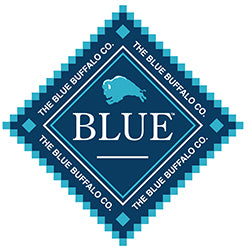


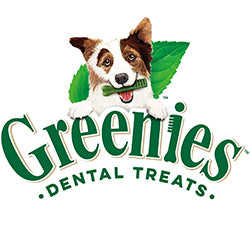

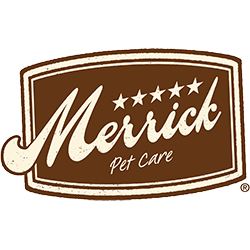

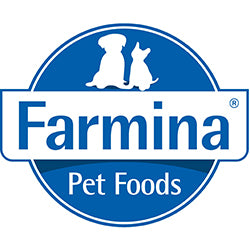

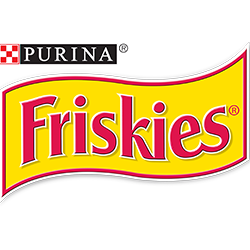

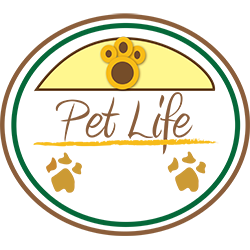
1 comment
Kazuko Perryman
Dear petlife.com owner, Your posts are always thought-provoking and inspiring.